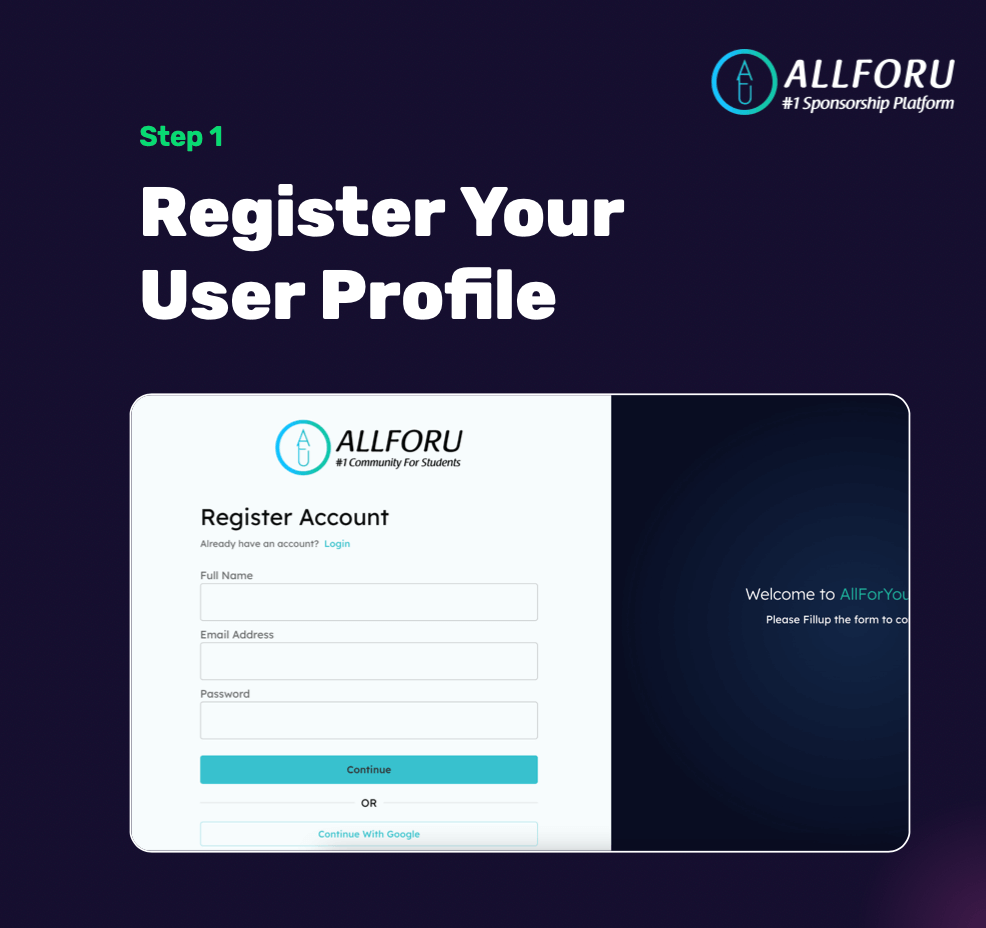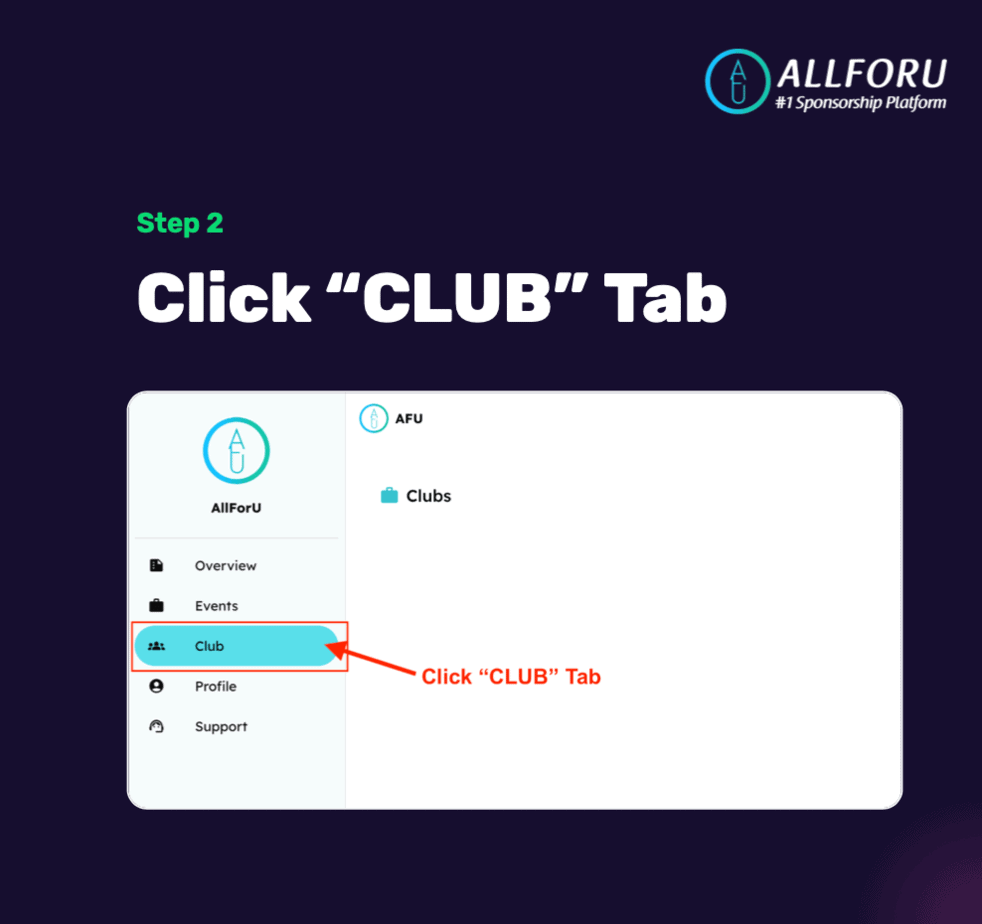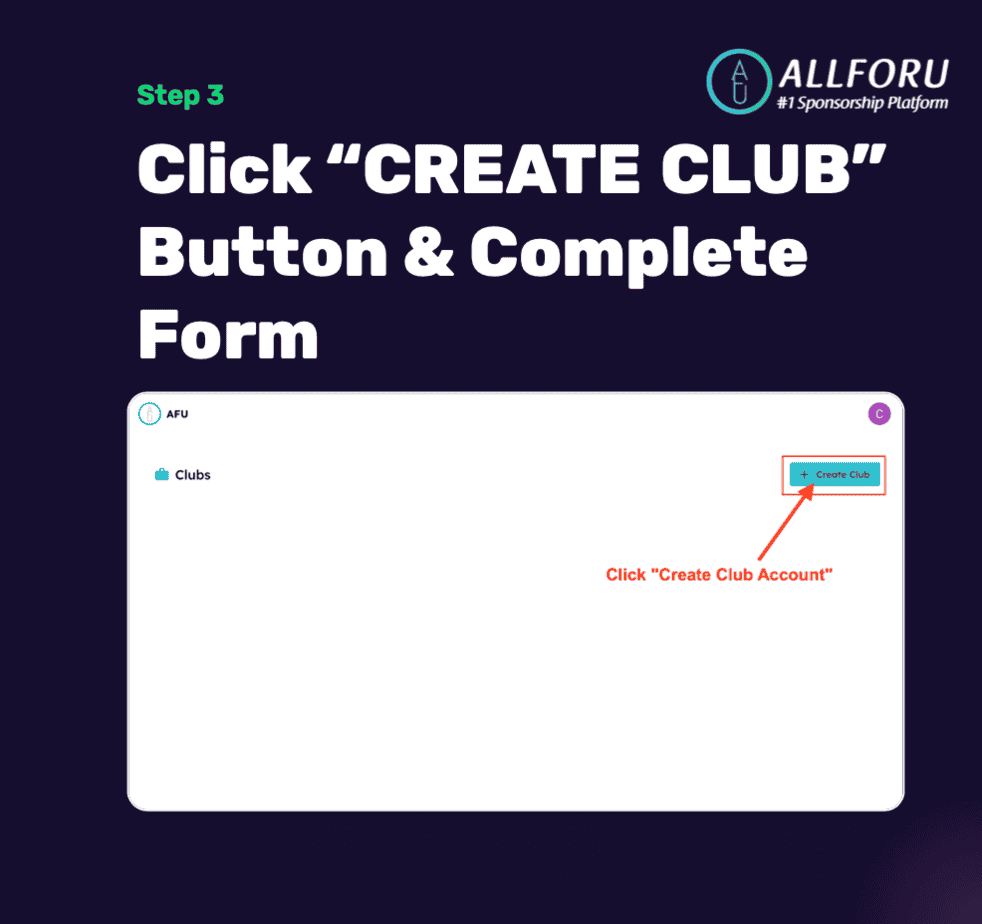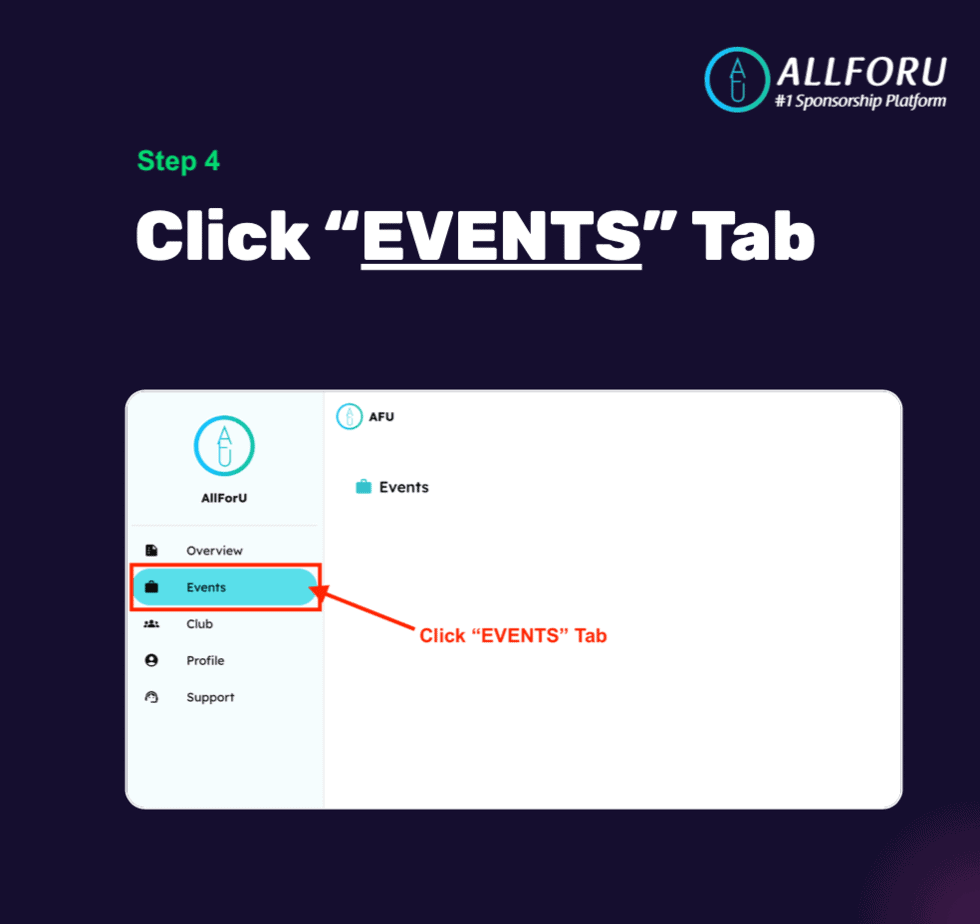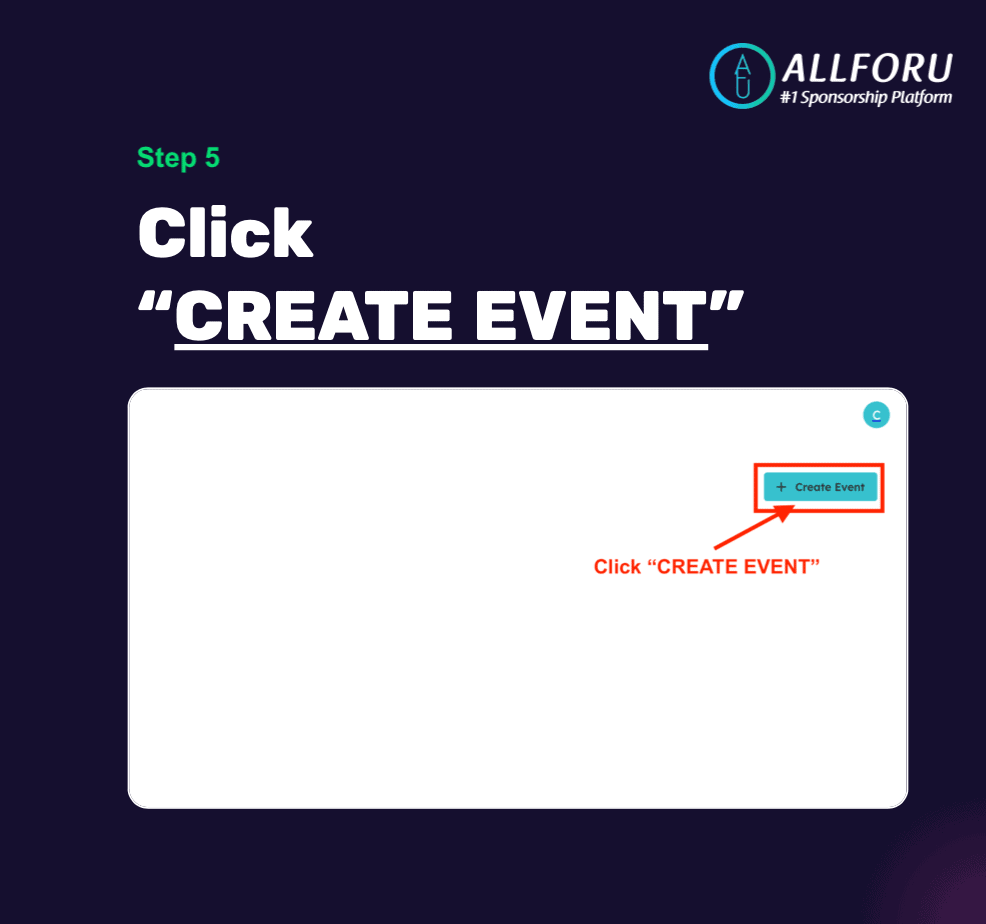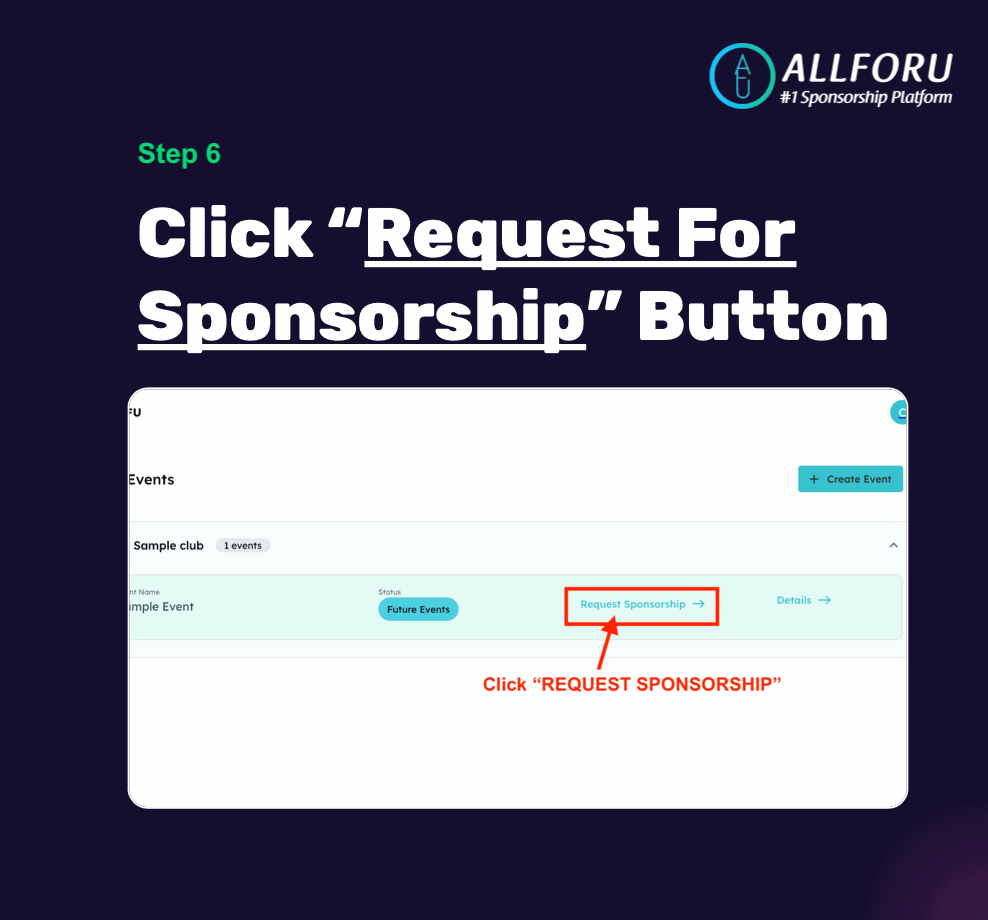A couple of weeks ago, my committee and I were in the middle of planning for our orientation camp. We had worked hard on the programme, logistics and we were in the midst of closing sponsors and vendors (not to mention we had already closed some sponsors). All just to make an amazing experience for the freshies. However, the Covid-19 situation in Singapore shifted, as though kicking its disruption of daily life into high gear.
Just one of the many things the virus disrupted? School events. Orientation Camps. Such as mine.
To be fair, we already had an idea there was a chance it could happen. As early as January, we knew that events had gotten cancelled because of the situation. But we wanted to hold out hope on our plans being able to be set in motion as we intended them to be. We couldn’t really focus on the issue at that time because the school was still deciding how to move forward and there were our grades to worry about first.
So we halted our plans, took a break and now we’re back. With a whole new set of instructions to plan and execute our orientation camp digitally.
Online? How does that even work? Well, I did a bunch of reading, researching and brainstorming. And with that (and in partnership with Allforu, one of our partners), we decided to come up with a blog series that would hopefully give you and others a few ideas to tackle the e-orientation game.
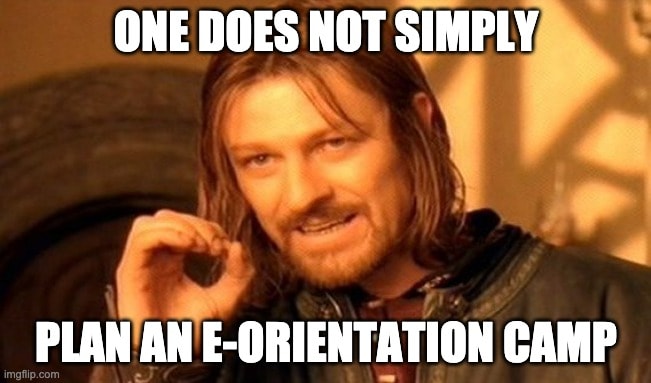
This series would span to cover a few different topics and while we want to be able to cover everything and share our entire plan with you, that would completely defeat the point. But you’re most welcome to pick our brains as we bring you through some suggestions and tips.
To start with, let me begin by going over a few of the things you’d need to consider as you go through this endeavour. Other posts, covering some of these aspects in detail, will follow.
Your Game Plan: The Strategy Meeting
- What kind of experience do you want to deliver to your audience?
- Where do you want your content to be seen and which tools/channels would you like to use?
- How will you promote the event and get a high participation and engagement rate?
- Will people still have access to the event and its materials after it’s over?
- What are the key points of your event that should not be missed by your audience?
- What are the available tools and resources available for you to use?
Promotion: Hyping up to your event
There’s little payoff to your hard work when people aren’t going to know to join your event. So get your promotional tools ready to blast the message everywhere. We know all you marketing games know this area so we won’t speak too much but here are a couple of suggestions.
Post a countdown sticker to your instagram stories and allow viewers to receive a notification when it’s time. Perfect for components of your programme that have timed events like giveaways or webinars or even IG Lives!
Give a sneak peak: Teasers are the name of the game. Generate anticipation for your events with mini previews or insights to your orientation camp. This can also include some behind-the-scenes information.
Event hashtags! Definitely one of my top tips for any event (be it school, social or personal). Be sure to encourage your audience to also use the hashtags and at the end of the day, it will offer a compiled look at all the engagements your event has gotten.
The Freshie Adventure: From beginning to end of your programme (and beyond)
Your entire camp, whether IRL or online, is an adventure for the freshmen. You’re taking them on this journey to build new friendships, learn more about their uni life and to just have fun. So for your programme lineup, you need to consider all the different parts of the journey FROM their perspective.
- Create fun activities that they can participate it
- Make it easy for them to open up to one another and get to make friends
- Keep them constantly engaged into your event
For every part of the programme, such as your activities and whatnot, put yourselves in your audience’s perspective and think it through their point of view. What do they have to do? What’s in it for them? What do they see? How do the activities happen from their POV?
The journey doesn’t end when your event is over. Think about how you can continue to engage with them after the event. You can engage them at a whole camp level or even within their own groups.
Be sure to ask for feedback! This is probably the first time you’ve ever run something like this and it’s probably your committee’s too. So get feedback so that the future committees could continue to improve.
YOUR PEERS: The amazing team ensuring everything runs smoothly
I know that it’s a tough endeavour to organise and plan a camp or event. It’s even tougher to run it and make sure it all goes smoothly and that the plans you had are executed well. Even in an IRL camp, to sign up as an organiser is to take on the behind-the-scenes roles and you may not even have the time to interact with your audience.
Instead, you’re leaving them in the hands of capable seniors. It’s probably the same for this e-orientation. Even if you make do without the tribe system, you can’t expect yourselves as the organising committee to be doing all the work to make it happen. And while students like us can be pretty proactive and on-the-ball, it would probably help to make their jobs a little easier.
Do you have resources that they can refer to? For example, possible ice-breakers for Group Leaders to use and break the ice? The terms and conditions of a giveaway you want to run?
Keep a centralised knowledge hub of all information related to your event. My team uses google drive and we just send links and collaborate from there. This way, it ensures a record of happenings and can also house the resources talked about in the point earlier.
Collaborations and Partners: Sponsors and Vendors
I’ll let the experts of this aspect talk more about this in their own post but I’ll briefly go over some questions you may want to consider when it comes to getting sponsors and dealing with vendors.
- What can you offer to the sponsors that would help them achieve their goals as well as yours?
- How would you make use of the sponsorship?
- How can you incorporate the fulfilment of sponsorship into your program?
- Even though your event is online, do you want to still give your audience a goodie bag? Shirts?
- What do you need from your vendors? Are your vendors able to deliver in the midst of the current situation?
- Is the price worth it?
There’s a lot more that I can talk about but I believe that the above should cover it for the main points. If you have any questions, you can leave them in the comments or you can slide into @allforu_sg’s instagram DMs or telegram any of the student outreach executives. All points brought forward in this article and in posts to come were discussed in collaboration with them.
Stay tuned for the next post where we tackle the beast that is social media and how to incorporate it into your e-orientation (plus a couple of special deals, just for you!).



